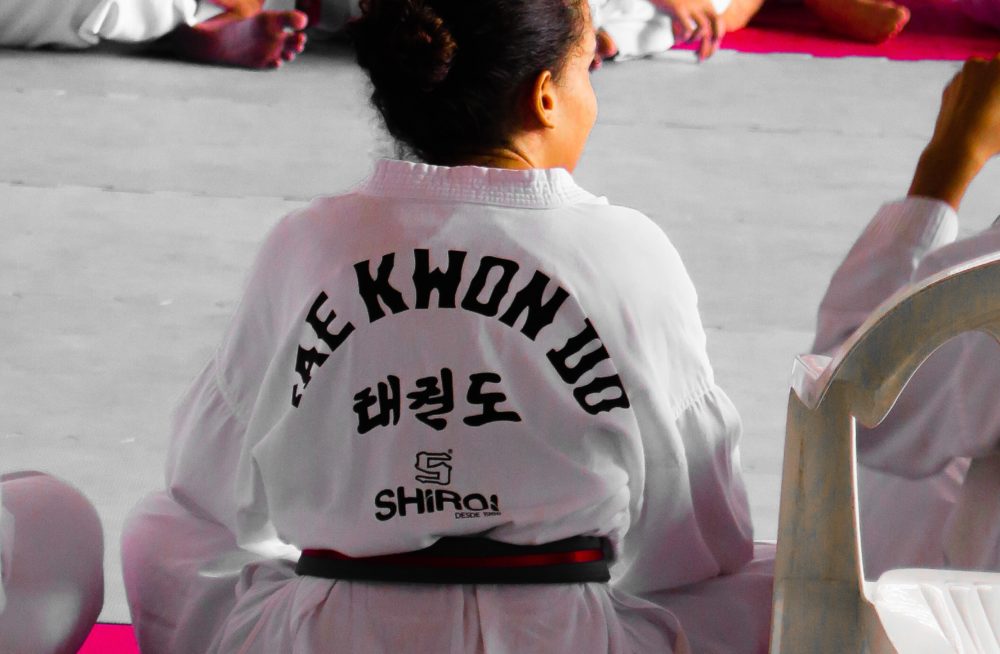Every dojang has an ethical code of conduct for students. It is an intrinsic part of practicing martial arts to abide by this code. In other words, it’s basic ninja wisdom to honor your vows.
Since I’m practicing the paramita of aspiration this month, I’ve been thinking a lot about the importance of vows. Something happens when we speak our intentions clearly, and submit ourselves to practicing a certain way of life. When we recite our vows, we keep our commitment at the forefront of our minds. And it also calls us into the work itself. It’s like ringing the bell at meditation; it’s an invitation into the practice.
For people who study the martial arts, vows vary from school to school. But there are definitely some universal themes that most schools include:
- Respect your master, your fellow students, and the place itself. This is why we bow when we enter and leave, and bow to each other at the beginning and end of class.
- Respect yourself by wearing a clean uniform, keeping a clean appearance, and arriving on time.
- Take your training seriously. Stay focused, stay committed, don’t talk too much, give your best effort.
- Never use your martial arts skills to harm. Martial arts is a practice of life, and a form of self-defense. It is not meant to be used unwisely. (There’s a reason the Cobra Kai in the Karate Kid were the bad guys!)
In addition to these general rules of conduct, when you join a school, you commit to cultivate certain virtues. In taekwondo, those virtues (or tenets) are courtesy, integrity, perseverance, self control, and an indomitable spirit.
Shotokan Karate has a list of 20 principles that are also worth contemplating. You’ll see many of the themes mentioned above, as well as some I’ve mentioned in previous posts.
20 Principles of Karate
- Karate begins and ends with rei (respect). FYI – Bowing symbolizes this respect.
- There is no first strike in karate.
- Karate stands on the side of justice.
- First know yourself, then know others.
- Mentality over technique.
- The heart must be set free.
- Calamity springs from carelessness.
- Karate goes beyond the dojo.
- Karate is a lifelong pursuit.
- Apply the way of karate to all things. Therein lies its beauty.
- Karate is like boiling water; without heat, it returns to its tepid state.
- Do not think of winning. Think, rather, of not losing.
- Make adjustments according to your opponent.
- The outcome of a battle depends on how one handles emptiness and fullness (weakness and strength).
- Think of hands and feet as swords.
- When you step beyond your own gate, you face a million enemies.
- Formal stances are for beginners; later, one stands naturally.
- Perform prescribed sets of techniques exactly; actual combat is another matter.
- Do not forget the employment of withdrawal of power, the extension or contraction of the body, the swift or leisurely application of technique.
- Be constantly mindful, diligent, and resourceful, in your pursuit of the Way.
If you practice martial arts, what vow or tenet most resonates with you? What have you learned by submitting to the code of your school?




